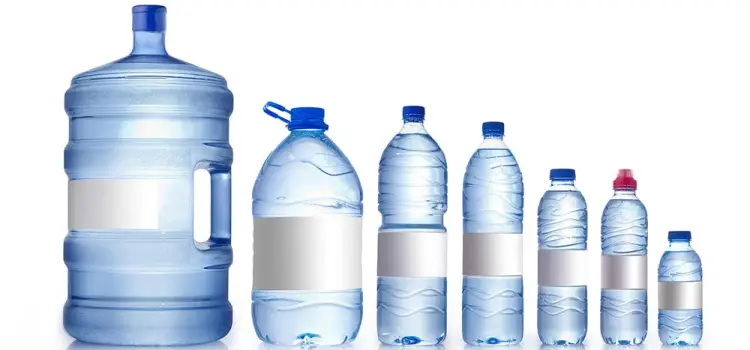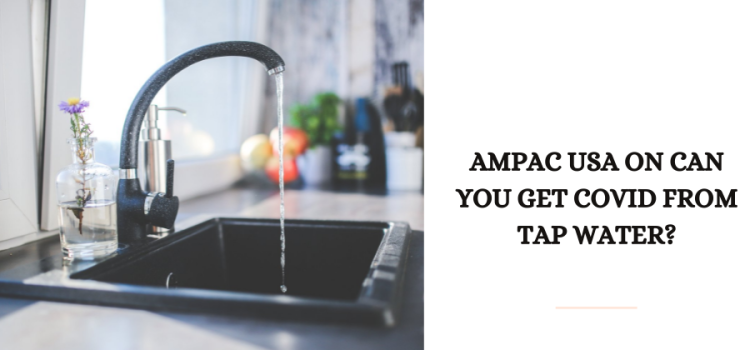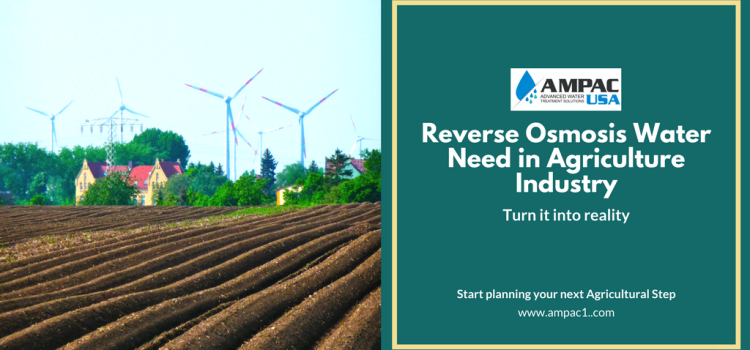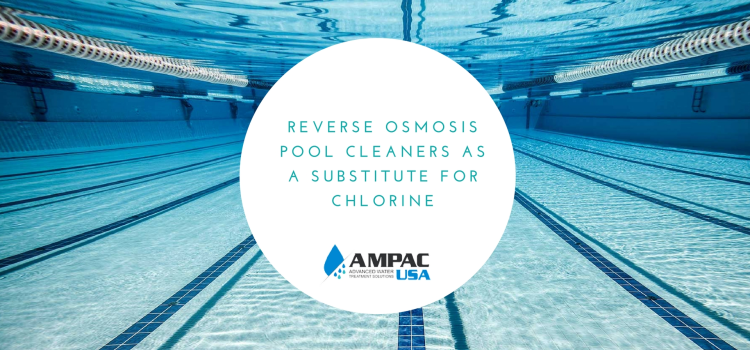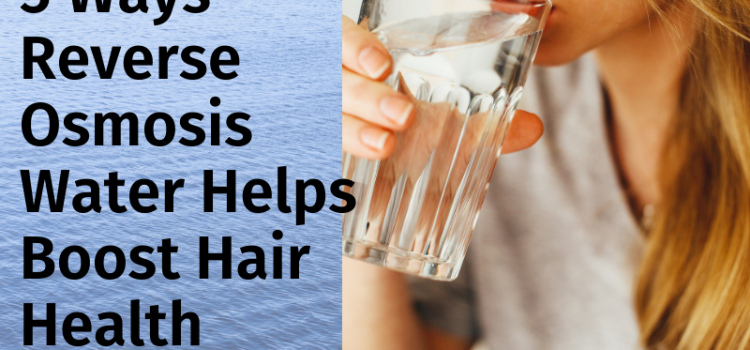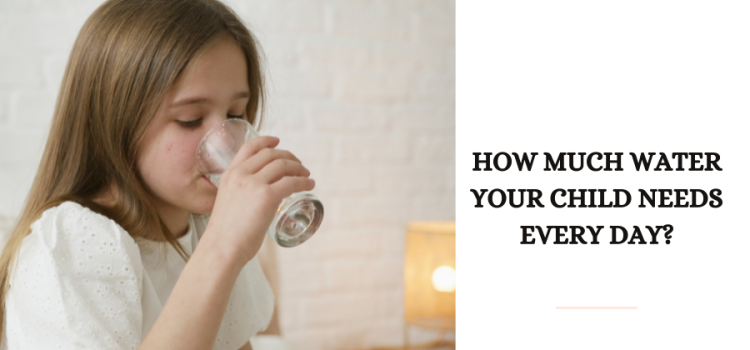Last updated on November 14th, 2022 at 07:04 pm
Elizabeth R. Berman BS, and Rachel K. Johnson PhD, MPH, RD –
Objectives. We investigated how the removal of bottled water along with a minimum healthy beverage requirement affected the purchasing behavior, healthiness of beverage choices, and consumption of calories and added sugars of university campus consumers.
Methods. With shipment data as a proxy, we estimated bottled beverage consumption over 3 consecutive semesters: baseline (spring 2012), when a 30% healthy beverage ratio was enacted (fall 2012), and when bottled water was removed (spring 2013) at the University of Vermont. We assessed changes in number and type of beverages and per capita calories, total sugars, and added sugars shipped.
Results. Per capita shipments of bottles, calories, sugars, and added sugars increased significantly when bottled water was removed. Shipments of healthy beverages declined significantly, whereas shipments of less healthy beverages increased significantly. As bottled water sales dropped to zero, sales of sugar-free beverages and sugar-sweetened beverages increased.
Conclusions. The bottled water ban did not reduce the number of bottles entering the waste stream from the university campus, the ultimate goal of the ban. With the removal of bottled water, consumers increased their consumption of less healthy bottled beverages.
Source: Water Feed

